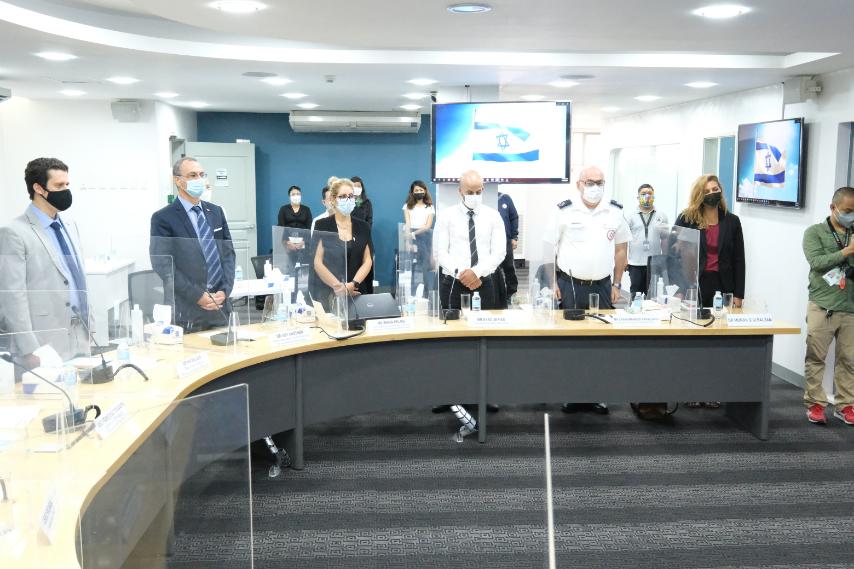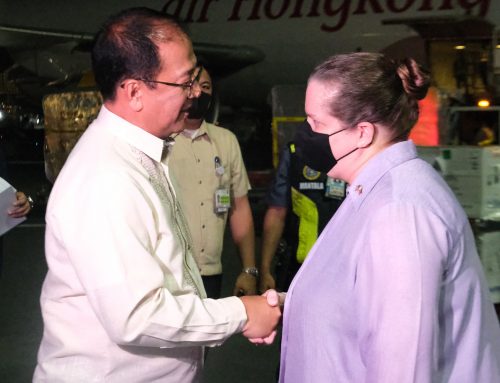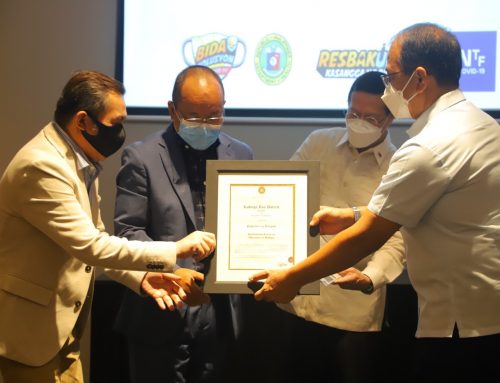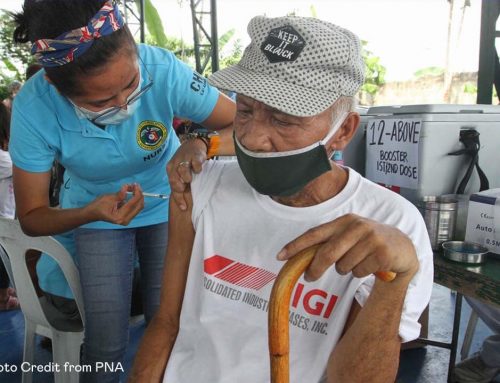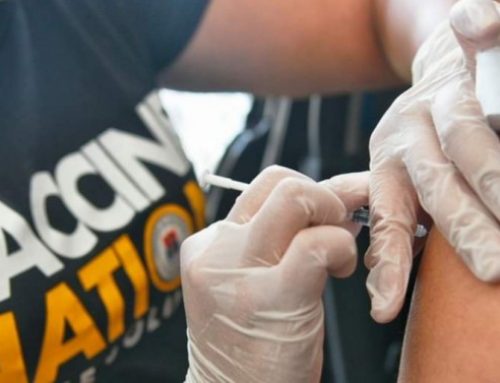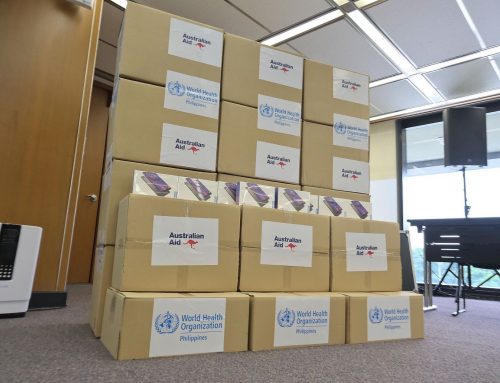QUEZON CITY (27 JULY 2021) — The second batch of health experts from Israel’s Ministry of Health kicked off their weeklong visit here in the Philippines with a meeting on Tuesday with the country’s top COVID-19 task force officials.
The Israeli delegation was invited to look into the national government’s COVID-19 response and mitigation efforts and offer recommendations on how these methods can be further improved to address the challenges of the highly-transmissible coronavirus Delta variant.
The Israeli delegation was led by Dr. Guy Choshen, an infectious diseases and COVID-19 specialist from the Tel Aviv Sourasky Medical Center.
Other members of the delegation included Shira Peleg, head nurse and nursing manager of Tel Aviv Sourasky Medical Center Emergency Department; Eyad Jeries, a trauma coordinator from the Galilee Medical Center; and Chaim Markos Rafalowski, a disaster management coordinator from Magen David Adom.
During the discussions, Inter-Agency Task Force for the Management of Emerging Infectious Diseases (IATF) Chair and Health Secretary Francisco Duque III thanked the Israel government for the “support” and “wisdom” they continue to provide the Philippines in its fight against the COVID-19 pandemic.
“With the Delta variant, now more than ever, is the time to strengthen our partnerships and open all channels of communications. As members of the global community, we must continue moving as one towards the protection of the entire human race,” Duque said.
Chargé d’Affaires Nir Balzam of the Embassy of Israel in the Philippines likewise expressed Israel’s commitment to promote a more mutually-beneficial relationship between the two nations, wherein both countries can learn from each other’s experiences and strategies in managing the impact of COVID-19.
“We will do whatever we can in order to assist and to share our knowledge and of course, we are also expecting to learn and enhance our knowledge in the different challenges here in the Philippines,” said Balzam.
Last month, Israel sent a team of medical and logistics experts to assess and help enhance the Philippines’ vaccine operations and deployment strategies.
According to Balzam, his delegation would like to learn about the Philippines’ unique geographical features and how these impact on the national government overall COVID-19 interventions.
“We see this pandemic as an opportunity to change things in Israel, to change things probably here in the Philippines, for better health, for better service to the civilians. This is also an opportunity for us to share information [and] to learn from the expertise of the Philippines as well,” Choshen said.
Meanwhile, National Task Force against COVID 19 Chief Implementer and vaccine czar Secretary Carlito Galvez Jr said that the visit of health experts “comes at a very crucial time” with the confirmed local transmission of the Delta variant in the country.
“We know that there is still much to be learned and much to be done. We hope that through this series of consultations and site visits to our health facilities, you will be able to provide us more insights on how we can better manage and control the spread of the Delta variant,” said Galvez in his message read by Ret. BGen Augustus de Villa.
The week-long visit of the Israeli medical experts will include visits to hospitals and other health facilities, dialogues with health and infectious disease specialists, as well as technical discussions with medical professionals on local clinical guidelines.
Information sharing
The initial meeting served as a venue to look into the Philippines’ COVID-19 response initiatives vis-a-vis Israel’s pandemic strategy, particularly the lessons the country has learned and applied in its pandemic response and health governance measures
Health Undersecretary and treatment czar Leopoldo Vega presented the mechanisms and systems that have been put in place by the Philippine government to further strengthen its Prevent-Detect-Isolate-Treat-Reintegrate (PDITR) strategy.
On the part of Israeli delegation, Rafalowski shared how the country has confronted the pandemic, particularly the approaches it has used to effectively manage the Delta variant, which was first detected in May.
He said that despite the rise in COVID-19 cases in the country due to the Delta variant, Israel’s average daily death rate has been consistently low.
Meanwhile, Chosen discussed the local treatment guidelines of Israel for mild, moderate, and severe cases of COVID-19.
He likewise emphasized the impact of a “successful” vaccination campaign in managing the pandemic and putting at bay the highly transmissible variants of COVID-19.
Chosen said that “things would have been different for Israel” if not because of the high vaccination rate in their country.
As of to date, more than half of Israel’s population has been fully vaccinated against COVID-19. END


